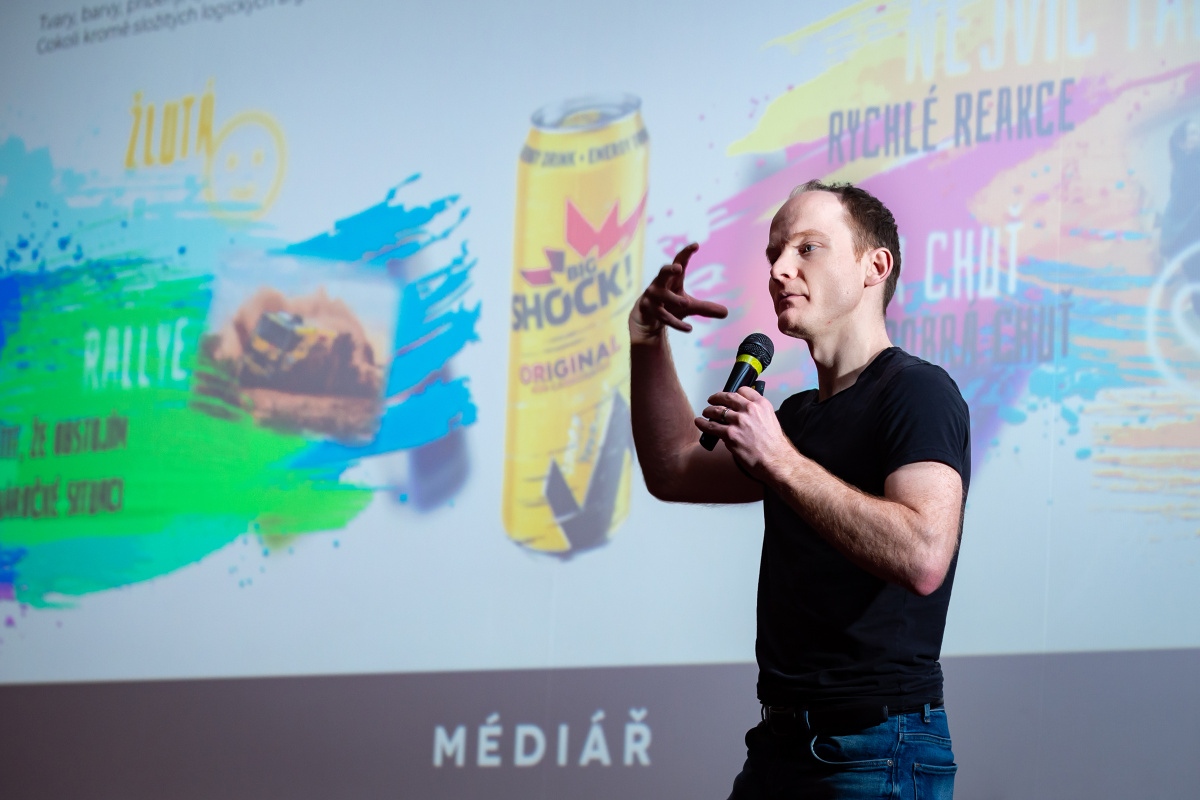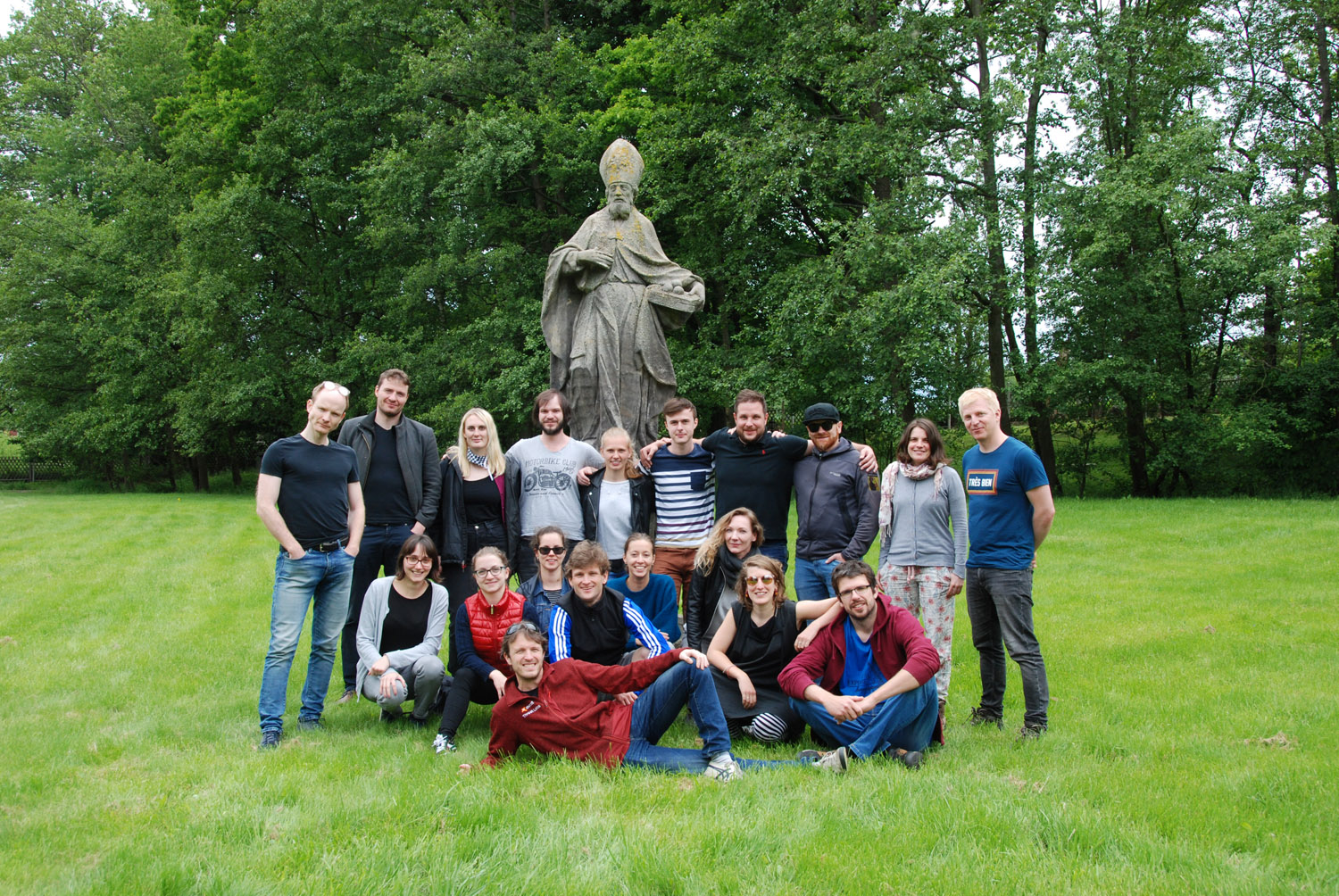More than 7 out of 10 Czechs think that foreigners living in the Czech Republic should adapt to local customs as much as possible, according to data provided by the comprehensive Atlas Čechů (“Atlas of the Czechs”), a free-to-use online tool provided by market research firm Behavio.
A total of 72% of Czechs felt that those living here should adapt to local customs as much as possible; 24% responded that foreigners should partially adapt to Czech customs, and just 3% stated that foreigners should feel free to live as they see fit.
Because the Atlas of the Czechs uses a comprehensive set of data from each respondent – including age, gender, education level, economic situation, and much more – it also paints an overall picture of the types of people who respond a certain way to a particular question.
While the Czechs that responded that foreigners should adapt as much as possible to Czech culture seem to be split fairly evenly, for example, the people who responded that foreigners should be free to live their lives as they see fit may not be who you think. Behavio’s Atlas of the Czechs is the result of years of gathering data, presented as a tool to better understand those who live in the Czech Republic.

Compiled by data from more than 3,500 people that represent a cross-section of online Czech society and updated yearly, the Atlas of the Czechs contains a wealth of data and gives some unique insight into the Czech population. We spoke with Vojtěch Prokeš, Behavio’s Director of Research and Co-Owner, to get some more insight into the inspiration behind the project and some of its potential uses.
“After years of collecting data we gathered a solid amount of information about Czech society and started thinking about a way to make it available to everybody in as user friendly way as possible so anybody can access the information and understand it without a masters degree in sociology. That was the core idea, which is also present in the decision to make the Atlas of the Czechs free and without the barrier of login,” Prokeš told us.
How exactly is the data collected?
“We’ve developed our own research panel Trendaro, where there are over 20,000 registered respondents who answer surveys with us regularly. It took us literally years to collect the amount of information displayed in the Atlas of the Czechs. But it is not a “case closed” situation, the tool is growing continuously in terms of sample size and amount of topics we cover. Currently we want to focus more on ecology.”
“[Respondents] are always given an option to skip the question if they feel somehow uncomfortable about it. We don’t want to force anyone into providing information beyond their comfort zone. That said, our respondents trust us and unanswered questions never exceed a few percent. We enforce strict rules on how to store and work with data, just like it would be our own personal data.”

As to the question about foreigners adapting to Czech customs, one might presume that Prague liberals might be most apt to favor foreigners and their lifestyle freedom.
But the background of respondents who said that foreigners should live life as they see fit challenges that assumption: they had higher-than-average ratios of women, lower education levels, poorer economic situations, and they predominantly came from South Moravia. They were also predominantly young and childless, lived in city centers, did not have insurance, and lived paycheck to paycheck.
28% of respondents who said that foreigners should live life as they see fit believe in the existence of God (compared to an average of 14% across the Atlas of the Czechs), and 42% were non-voters (compared to an average of 30%). The data even includes information about music preferences (these respondents were more likely to listen to hip hop and electronic) and retail preferences (H&M, McDonald’s, and Pepsi).
What practical use could be implemented from this kind of data?
“Every business needs to know their customers and the more the better. We provide detailed information about hundreds of target groups so anybody can easily find out on their own what hobbies and interests their clientele has. The saying “knowledge is power” exists for a reason,” says Prokeš.
“For example, promoting new lottery tickets online with funny English catchphrases would be probably a waste of money, since people who sometimes gamble this way rarely speak English and their main source of information is not the internet but TV. On the other hand, we know fans of the lottery tend to smoke cigarettes, so advertisements on a cigarette box would be a much better choice. They also fancy Czech cuisine, read chain emails and newsletters, and love crosswords and sudoku. This information can spare you of inefficient investment and help to guide you towards understanding the needs of your customers better. And it only takes minutes on atlascechu.cz and doesn’t cost a dime.”
Some other interesting data from the Atlas of the Czechs: 8% of of Czechs said that they could speak English fluently, a number predominantly made up from the younger age demographics (42% 18-29 and 46% 30-44). 17% of Czechs said that they speak English “quite well”, and 70% of Czechs said that they could speak English at a basic level.

A total of 31% answered that they could not speak even a little English, a number predominantly made up of older age demographics.
But while some of the data gleaned from the Atlas of the Czechs might reinforce some stereotypes about the Czech population, others are challenged.
A whopping 41% of Czechs said they do not drink beer, or only drink beer a few times during the year. Women were more than twice as likely as men to answer this positively (69% vs. 31%). Only 44% of Czechs said that they at least occasionally go to the pub (mostly men).
53% of Czechs have friends who are foreigners and long-term residents of the Czech Republic.
“Quite frequently we hear opinions about how divided Czech society is, but frankly in the data we’ve collected, we can’t see any clear lines which separate person from person, group from group,” according to Prokeš.
“When you spend more time analyzing the data, slowly you come to realize that with each group (based on political or religious belief, income, education or whatever else), you share something – even though it could be just something seemingly insignificant such as taste in music or love for dogs. There is always something that connects you.”
We also asked Behavio if the recent coronavirus crisis has had a measurable impact on Czech behavior or decision-making.

“Nobody really knows what to expect, there is a large level of uncertainty that underlines our decision-making in all areas of life. We conducted a research on summer plans, where the change is pretty visible. Majority of Czechs want to spend their vacation within our borders even if travelling is gonna be possible without bureaucratic complications. Cabins and camping became suddenly more attractive since people are still somewhat suspicious of larger crowds in hotels with their potential health risks,” Prokeš told us.
“We know people expect the economic crisis will outlive the acute phase of pandemic, some are even prepared for the consequences to last in the following years. 75 % of the population said they are holding back their spending and plan to continue doing so. But that could also be just a declaration and reality might prove to unfold differently.”
Behavio, the market research company behind the Atlas of the Czechs, uses complex data to help companies and individuals better understand users and their decision-making process, and focus on the subconscious aspects behind associations, emotions, and quick decisions.
“The company was established by 5 close friends and high school schoolmates, each of whom is of different professional and educational background. They learned over the years while organising cultural events that they cooperate really well and – on top of it – have fun doing so. Five years ago they all quit their previous jobs and came together to find a shared project that would feel meaningful to them and work on it. So this is the story, how a biologist, a sociologist, a musician, a behavioral economist and a lawyer started a company together,” says Prokeš.
“95% of our decisions are emotional and subconscious. They happen in developmentally older parts of the brain, some of which we share with lizards. At Behavio, we are coming up with ways to study our lizard brains. We do not rely on what people claim about themselves.”
“We study associations, emotions, quick choices and we do all that in a fun and entertaining way. We help companies, institutions and individuals better understand human decision-making. But not all of them. We have very powerful psychological weapons in our hands and we never give them to those who market human misfortune.”

In addition to the Atlas of Czechs, Behavio also operates a number of other projects including Minutes for Better Work, a survey system for employers that helps build employee motivation, Rules of Subconscious, a card-based training system that helps its users easily apply behavioral science, and Mapping the Electorate, a detailed voter demographic system that accurately predicated results of the 2017 Czech parliamentary election.
For the energy drink Big Shock, Behavio accurately predicted the success of TV spots using audience test screenings. For the security company Jablotron, Prokeš and his team discovered that their target audience preferred all-in-one equipment, and that DIY consumers often opted for non-brand solutions.
For Ahmad tea, Behavio found out that the specific type of present depicted by special Christmas tea packages played a significant role – one larger than the brand itself.
“Generally speaking, we offer data for all of the important decisions. With us, clients have better understanding of their customers, build a strong brand, execute successful campaigns and motivate their employees better.”
Find out more about Behavio, and how they might be able to help your business, at their official website.












 Reading time: 7 minutes
Reading time: 7 minutes 


























